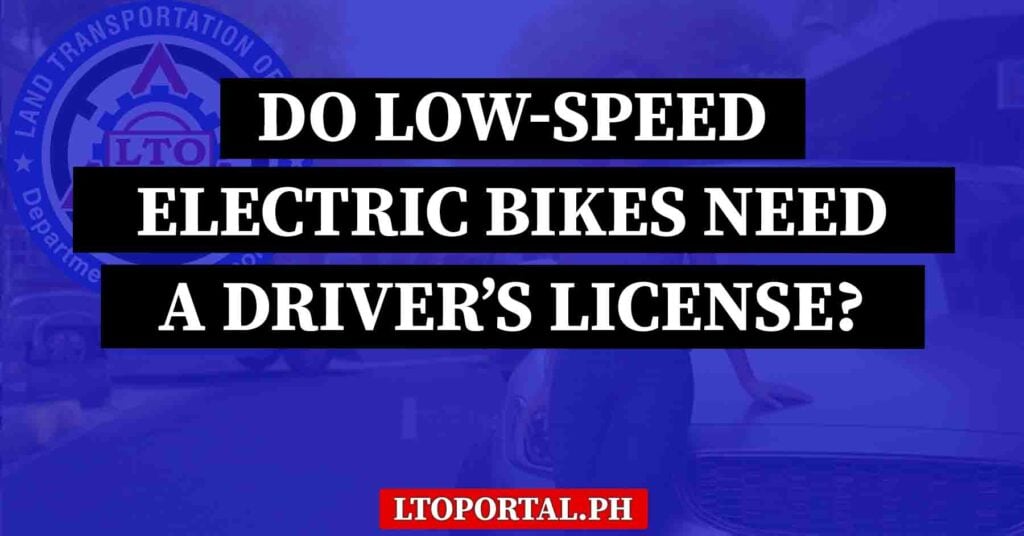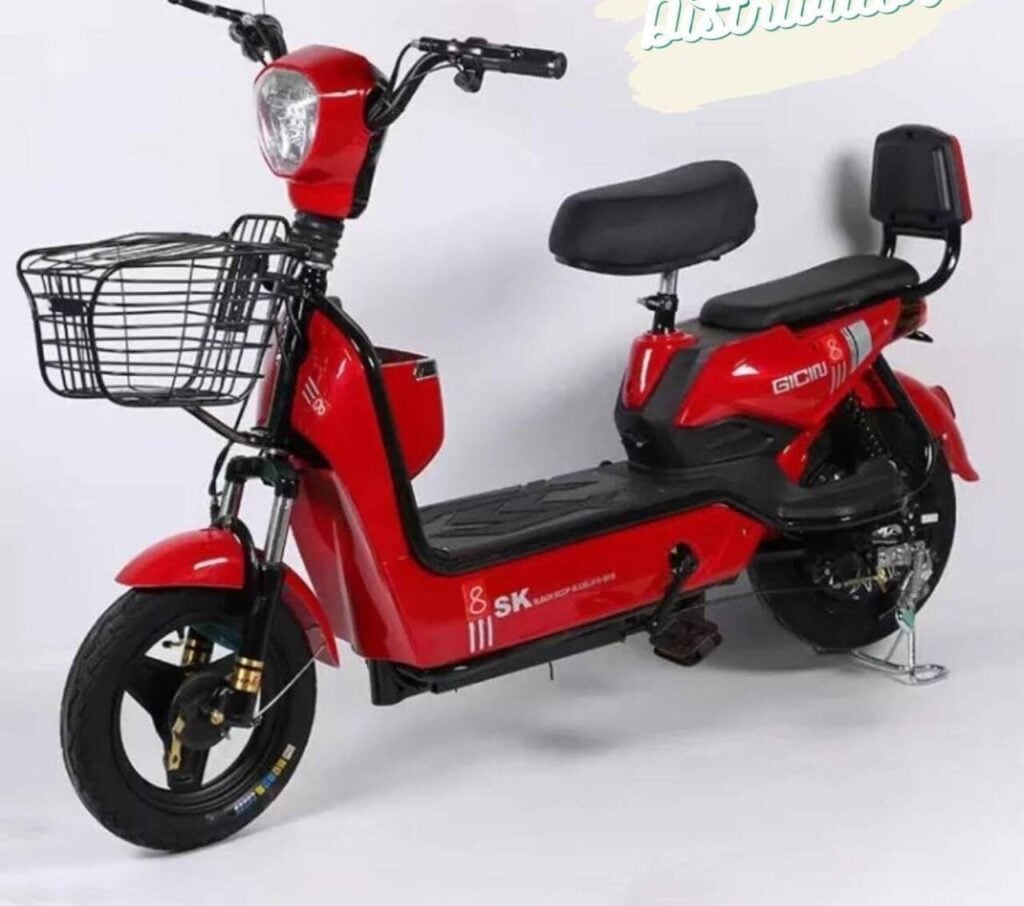If you’re wondering whether it is okay to use your personal motorcycle for delivery services like Lalamove, Grab, or other courier platforms, the answer is no—you cannot legally use a privately registered motorcycle for commercial delivery in the Philippines without the proper authorization from the Land Transportation Office (LTO) and the Land Transportation Franchising and Regulatory Board (LTFRB). Philippine laws strictly regulate the use of vehicles for hire, including motorcycles used for deliveries, to maintain road safety and fair business practices.
If you want to earn through deliveries, take the legal route—get the right permits, register properly, and ride safely. It’s not just about compliance—it’s about protecting yourself, your motorcycle, and your livelihood. To learn more about this, read this guide below.

Why You Can’t Use a Private Motorcycle for Delivery

According to Republic Act No. 4136, or the Land Transportation and Traffic Code, motorcycles registered as private are not allowed to transport goods or passengers for a fee. This means that if your motorcycle’s registration states “private,” you can only use it for personal purposes—not to earn income from delivery or ride-hailing work.
Legal Basis
This policy is based on:
- Section 7 of RA 4136 states that private vehicles “shall not be used for hire under any circumstances.”
- If used commercially without proper authorization, it’s considered an illegal or “colorum” operation, which is punishable by fines, impoundment, and other penalties.
What the Law Says
Under Republic Act No. 4136, private motorcycles are explicitly prohibited from being used to transport passengers or freight for pay under any circumstances. To legally operate a vehicle for commercial purposes (for hire), a Certificate of Public Convenience (CPC) or a special permit from the LTFRB is required, which changes the vehicle’s registration status from private to public utility.
The Public Service Act (Commonwealth Act No. 146) and the Motorcycles-for-Hire Act of 2022 both emphasize that any motorcycle used to transport goods or passengers for a fee is classified as a public service and must operate under a franchise.
To operate legally, the motorcycle must:
- Be registered under the “for-hire” classification with the LTO.
- Obtain a Certificate of Public Convenience (CPC) or Provisional Authority from the LTFRB.
- Meet all safety and documentation requirements before being used for delivery or ride-hailing.
For Delivery Riders (Grab, Lalamove, etc.)
For riders under delivery platforms like GrabExpress, Lalamove, or Angkas, your operation falls under LTFRB supervision. These companies are often accredited with agencies like the DICT and LTFRB, and they help riders comply with franchise and permit requirements.
What platforms usually offer help with:
- Guidance in securing “for-hire” registration.
- Accreditation or documentation recognized by LTFRB.
- Compliance with safety, insurance, and driver training requirements.
Note: Even if you’re just doing deliveries occasionally, you still need to comply—being unregistered for hire makes your operation colorum, no matter how small-scale it is.
Penalties for Operating Without a Franchise
Using a private motorcycle for commercial delivery without LTFRB authorization is a serious offense. It is classified as colorum operation, and penalties can include:
- First Offense
- Fine: PHP 6,000 for the motorcycle operator.
- Impoundment: The vehicle is impounded for a minimum period of three months.
- Revocation: The vehicle’s registration will be revoked.
- Suspension or revocation of driver’s license
- Blacklisting: The apprehended vehicle will be blacklisted and banned from being used as a Public Utility Vehicle (PUV) in the future.
- For subsequent offenses, penalties escalate to include:
- Potential revocation of all franchises held by the operator, and
- Perpetual disqualification from operating any kind of public land transportation.
These fines are enforced under the Joint Administrative Order (JAO) No. 2014-01 issued by the Department of Transportation (DOTr) and its attached agencies like the LTFRB and LTO.
Under the Motorcycles-for-Hire Act of 2022, both riders and companies operating illegally (without valid franchises) can be jointly liable and penalized accordingly.
Requirements for Legal Delivery Operations
If you want to use your motorcycle for delivery legally, here’s what you need:
- “For-Hire” LTO Registration converting your registration from private to for-hire.
- Certificate of Public Convenience (CPC) or Provisional Authority issued by LTFRB.
- Professional Driver’s License for all commercial riders.
- Motorcycle-for-Hire Safety Inspection to ensure roadworthiness and compliance.
- Insurance Coverage must include the driver, passenger, and third-party liability.
What If You’re Only Delivering Your Own Goods?
If you’re a business owner delivering your own products (not transporting for others for pay), you may use your private motorcycle without a franchise—as long as:
- You’re not accepting payment from others for delivery.
- The goods belong to you or your business.
Once you start accepting delivery requests for other people in exchange for money, then you’re already operating commercially and therefore need the proper franchise. You can also check out this guide to getting a provisional authority or a CPC so you can operate commercially as a delivery rider.



